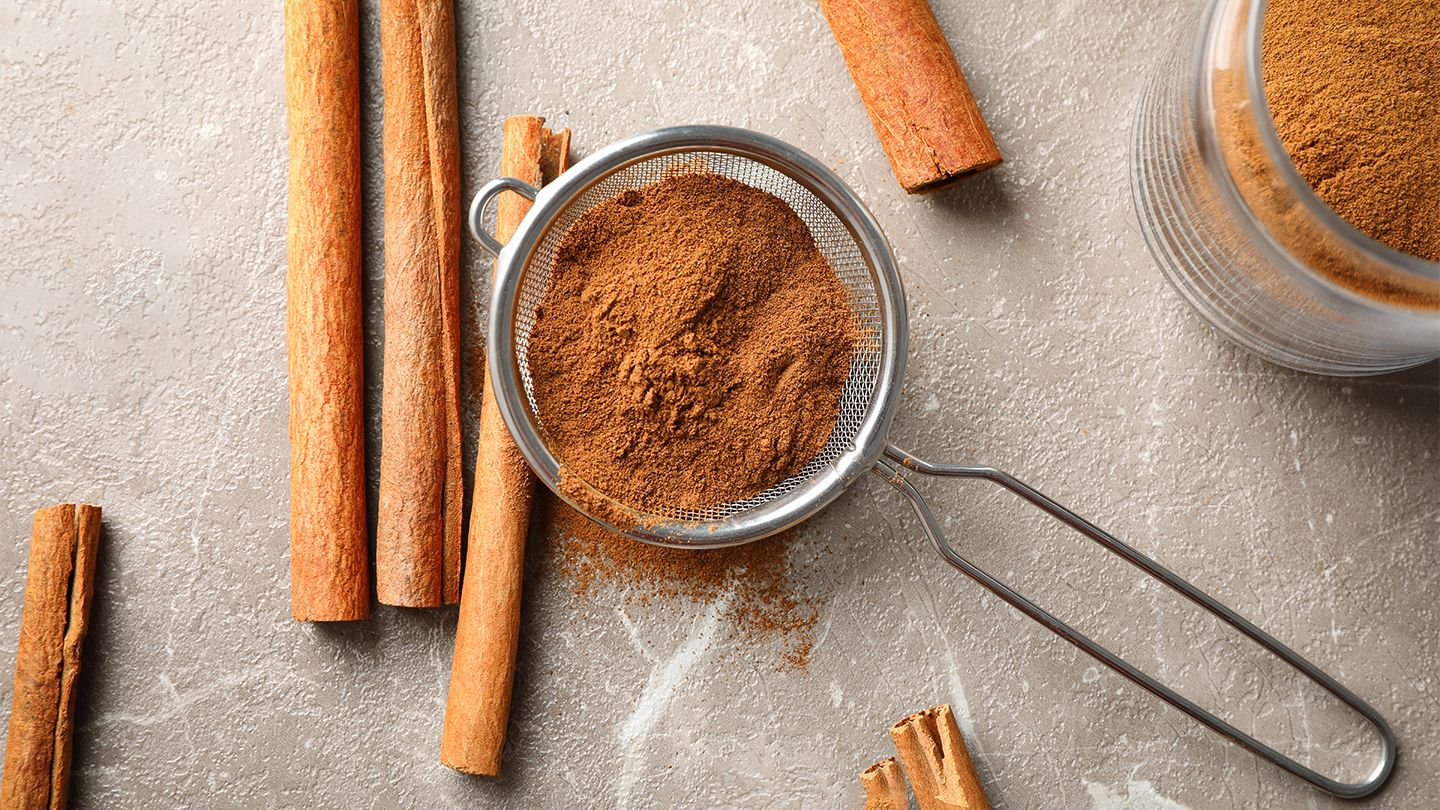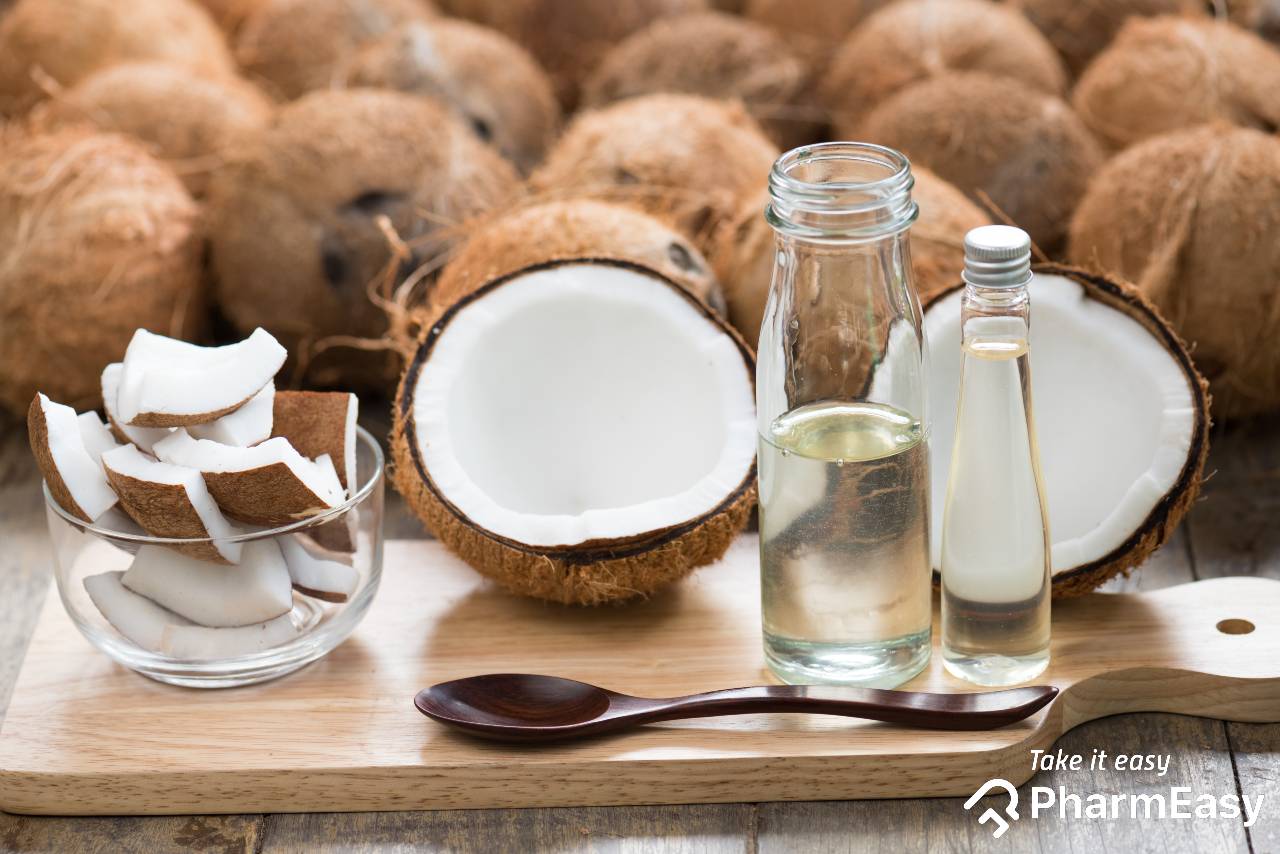Is there any risk involved in using apple cider vinegar, and can it truly aid in weight loss, blood sugar regulation, and cholesterol reduction? Shadrach Nkansah, a naturopath, looks into it. What is vinegar made from apple cider? The process of fermenting apple sugars yields acetic acid, which is the active component of apple cider vinegar. Apple cider vinegar can be found in stores labeled as “filtered,” which is a transparent liquid, or unfiltered, which has “mother” in it. This sort of vinegar has a murky look because it indicates the presence of proteins, enzymes, and friendly microorganisms. It is possible to make flavored cider vinegar with different fruits; typically, apples are used as the base and other fruits, like raspberries, are added during the manufacturing process. Benefits of apple cider vinegar for health could include: 1. It might improve insulin and glucose levels following a carbohydrate meal. 2. It might make you feel more satisfied and reduce the amount of calories you eat. 3. It might lessen body fat and weight. 4. Research indicates that it might be advantageous for blood pressure and cholesterol levels. 5. It contains anti-microbial qualities, just like other vinegars. Apple cider vinegar’s nutritional characteristics Five milliliters (15 ml) yields: 3 Kcal/13 KJ 0.1g carbohydrate 11 mg potassium 1 mg calcium 1 mg magnesium The only true vitamins and minerals found in apple cider vinegar are very trace amounts of calcium, magnesium, and potassium. Currently available data does not support the notion that purchasing the “mother” type is healthier than purchasing filtered. Nevertheless, antioxidants and amino acids are also present in apple cider vinegar. Apple cider vinegar’s top 5 advantages Though there are some intriguing research evaluating the possible dietary effects of vinegar, there isn’t any concrete data to support the effectiveness of the ACV diet at this time. It is important to remember that some of these conclusions are only based on research on animals. 1. Could aid with blood sugar regulation Of all its claims to date, the most compelling is the research supporting the use of ACV to help with blood sugar regulation. As part of a meal that includes carbohydrates, cider vinegar may help with insulin and glucose levels after eating, according to a number of studies. It is believed to function similarly to the medication metformin, which lowers blood sugar. Another study that looked at taking two tablespoons of ACV before bedtime discovered higher blood sugar levels the next morning. It’s important to note, though, that ACV’s effectiveness in this regard seems to apply mostly to healthy people or diabetics whose blood sugar levels are under control. Furthermore, you should see your doctor before consuming more vinegar of any kind if you use prescription medicine to help control your blood sugar. 2. Could promote weight loss Though there are some intriguing research evaluating the possible dietary effects of vinegar, there isn’t any concrete data to support the effectiveness of the ACV diet at this time. It should be mentioned, nevertheless, that a portion of these conclusions are solely based on research on animals. Nevertheless, ACV has been shown in certain human trials to have beneficial effects on feelings of fullness and to aid in calorie restriction. This could account for its apparent benefits on weight, along with lowering insulin levels and stabilizing blood sugar. For instance, participants in a study investigating the effects of adding vinegar to a white bread meal reported feeling more satisfied and having lower insulin and blood glucose levels. Another study found that consuming two tablespoons of ACV together with a 250 kcal caloric deficit led to a reduction in weight, BMI, and hip circumference. It may be claimed that it is simply too early to draw any firm conclusions, given there is still little evidence to support ACV as a useful weight loss technique. 3. Can reduce tummy fat Acetic acid has been shown in animal tests to decrease the build-up of body fat. A 12-week research involving obese males revealed the same thing. Following their use of a vinegar high in acetic acid, the men’s blood triglyceride levels, visceral fat, body weight, and BMI all decreased. Although the results seem encouraging, more study is required. 4. Could help maintain cholesterol balance ACV may lower blood pressure, cholesterol, and triglycerides, according to research on animals. Sadly, though, there hasn’t been enough human replication of this to justify its suggestion as of yet. 5. Could have antimicrobial properties Vinegar is an antimicrobial that has long been used as a food preservation and for household cleaning. In particular, ACV might be effective in preventing the growth of Candida albicans, Staphylococcus aureus, and Escherichia coli. What uses does apple cider vinegar have? You can use apple cider vinegar in salad dressings or add it to food. If you decide to consume apple cider vinegar, make sure you dilute it enough because it’s too strong for a straight drink….









